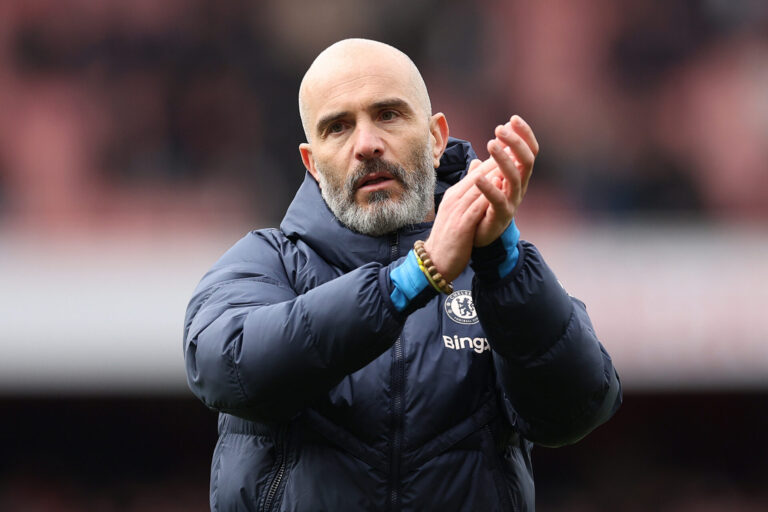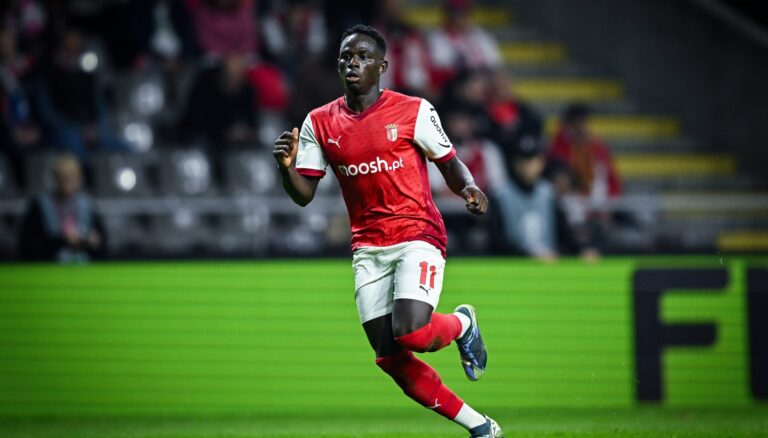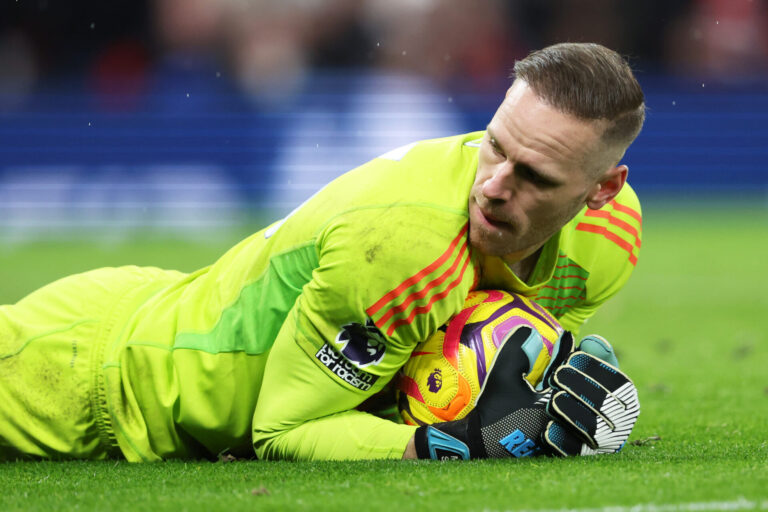Why Are Northern English Football Clubs Declining? How Have Some Resisted This Trend?
Since the dawn of the modern game, association football has been a cornerstone of Northern English culture. So why do Northern English football clubs appear to be struggling, especially when compared to their Southern counterparts?
The Importance of Football in Northern Culture
Since its inception, football has been an integral feature of Northern English culture. Emerging during the latter stages of the Industrial Revolution, the modern version of the sport that we enjoy today has served as not only a form of entertainment but also an identity for many Northern communities. As post-industrial decline began to take hold of many Northern towns slowly, football clubs became all the more vital to the economic and societal prosperity of these communities. For many, the success of their local football club provided a sense of pride in their hometown and afforded ample commercial opportunities for local businesses to ride the wave of on-field successes.
However, recent years have seen the unfortunate decline of several local football clubs in Northern England, with these struggles only made all the more poignant by the nexus shared between themselves and their communities.
However, this trend does not appear to be present amongst their Southern English counterparts. Instead, the trend almost seems to have been reversed. Clubs such as Brentford, Brighton, and Luton have all experienced unprecedented success, both on the pitch and from a financial perspective. It is these traditionally smaller Southern clubs that have replaced the likes of Bolton, Blackburn, and Sheffield Wednesday in the upper echelons of the football pyramid.
So that begs the question: Why is this happening?
The North-South Divide
As we’ve established, football can play a vital role in not only the societal aspect of a region but also in a financial capacity. For many towns, especially smaller ones, the local football team can often be fundamental to their economies. Not only do these clubs provide employment opportunities and investment in local sporting initiatives, but many other businesses may also rely on them for trade. The success of their neighbourhood team can have a direct impact on businesses like pubs, cafés, and hotels. After all, the more successful a team is, the more spectators are likely to attend a match.
While this economic situation may be adequate in times of on-the-pitch success, it does serve to expose the overreliance that many local economies have upon their local football clubs. Since the outsourcing of labour overseas and the privatisation and subsequent decline in the UK’s domestic manufacturing industries, many towns that once produced goods that would be sold across the world now find themselves with a significant gap to plug.
This is especially prevalent in North England, where industries such as textile production, shipbuilding, and steel refining are now almost non-existent. This is reflected when comparing the standard of living between Northern and Southern cities. On average, Northerners salaries are lower, and consequently, residents have less disposable income to spend. This in turn hurts the local economy and, subsequently, the local football club; creating a vicious cycle that is hard to escape.
Clubs may also struggle to attract players, especially when competing with their Southern rivals. Many players have often turned down a transfer to a Northern club, in favour of a move to a Southern club instead. This is especially the case with clubs based in and around London.
Premier League Neighbours
The Premier League is undoubtedly the most financially successful football league in the world. Estimated to be worth an eye-watering $9 billion, the Premier League’s worldwide appeal has become the envy of its European competitors. While this has had a positive impact on the quality of the league, the UK’s economy, and global influence, it is not without its consequences.
This concentration of wealth amongst a minority of clubs, combined with the ever-growing gap between the resources of Premier League, EFL, and non-league teams, has sparked concerns regarding the long-term success of these smaller clubs.
With the rise of social media and the increase in televised matches, children are now far more likely to support a team based on their success than their family ties or proximity. Clubs such as Oldham, Rochdale, and Stockport have all seen many local youngsters lured away by the appeal and grandeur of United and City. This has only intensified concerns that the meritocratic nature of the football pyramid is in jeopardy, with the Premier League at risk of becoming an all-powerful closed shop. If these smaller clubs struggle to gain the exposure needed to attract younger fans, then the longer-term impacts of this migration of support could be devastating.
How Have Some Northern English Football Clubs Resisted This Trend?
These factors have led some teams to adopt unique and creative strategies to resist this trend. Perhaps the most interesting example of this would be Barrow AFC’s relocation of their training ground to Manchester. Manchester’s economy has experienced consistent growth in recent years, unlike many of its northern neighbours, and many people now consider it to be a desirable place to live. While Barrow may have a strong sense of community and scenic coastal and rural landscapes, it is a rather small town with few amenities in comparison to a city the size of Manchester.
This decision to relocate their daily operations to Manchester has been a key factor in Barrow AFC’s impressive success. With players able to live in Manchester and only made to travel to Barrow for home matches, the club has been able to attract a calibre of players that it previously may have struggled to attract. 15 years ago, Barrow AFC found themselves lingering in the sixth tier of English football. However, they have now spent four consecutive seasons in League Two and only narrowly missed out on a playoff spot on the final day of the 2023–2024 season.
Poor Ownership and a Lack of Adequate Regulations
AFC Barrow would be a prime example of a well-run club. Despite the town’s small population and geographical difficulties, the owners have played their cards well. This means that the team can continue to punch above their weight, only attracting more publicity and attention to the club. However, not all Northern clubs have been blessed with such shrewd and astute owners.
In the summer of 2019, both Bury FC and Bolton Wanderers found themselves on the brink of extinction. Two sizable, illustrious clubs with devoted followings had fallen on hard times due to careless owners. Ultimately, Bolton would survive thanks to an eleventh-hour takeover. Bury, however, would not be so fortunate; with the club expelled from the football pyramid and left without a home or a squad.
Naturally, harsh scrutiny was quickly aimed at the EFL and FA for allowing such a situation to occur. This case, amongst others, exhibited the fundamental weaknesses of the EFL’s “Fit and Proper Owners” regulations. In 2018, local businessman Steve Dale purchased the club for just £1. Just a few months later, the club would fall into further financial disarray, with players not receiving their wages, leading HMRC to serve the club with a winding-up order.
Despite securing promotion on the final day of the 2018–2019 season, this would ultimately prove to be Bury FC’s final match for over four years. Eventually, the club would return to the football league at the start of the 2023–2024 season in the Northwest Counties Premier Division, following a merger with the fan-owned Phoenix club Bury AFC.
Even though some teams may have experienced the same kind of abrupt and severe decline as teams like Bury and Bolton, the decline is frequently much more gradual. Moving across the Pennines and into Yorkshire, we can find two clubs which perfectly exhibit a drawn-out slump.
Sheffield Wednesday is one of England’s largest, historically, and most successful clubs. In its 157-year history, the club has won four league titles, four FA Cups, and two League Cups, alongside a host of lower division honours. Moreover, attendance at Hillsborough has rarely dropped below 30,000, regardless of the team’s fortunes. Despite this, the club has found itself in the dreaded footballing wilderness since the turn of the millennium, having not played first-division football since the year 2000 (the longest spell in the club’s history).
Dejphon Chansiri, a Thai businessman, purchased the team in 2014 with the intention of bringing it back to the Premier League by 2018. Although Wednesday would fall just one win short of this aim, it would later emerge that the club had repeatedly breached EFL spending rules during this period. The club would subsequently be served with a 12-point deduction and would be relegated to League One in 2021. However, Wednesday fans’ grievances with the ownership are not solely limited to on-the-pitch performances.
Chansiri has been known to be somewhat unorthodox in his approach to public relations. Upon purchasing the club, Chansiri would have his name spelled out in white seats across Hillsborough’s main stand. Then, during the pandemic, he would have a banner unfurled in the stands,, which confusedly thanked himself on behalf of Wednesday fans. Chansiri has also recently threatened to stop investing in the club if Wednesday fans continue to critique his ownership and have even recently requested that fans fundraise over £2 million to pay the club’s outstanding debts.
Moving from South to West Yorkshire, Bradford City is yet another example of a former top-flight Northern team that has yet to find their way back to the upper echelons of the game. While Bradford may not have enjoyed the same level of success as some of their Yorkshire neighbours, the club nonetheless is home to a large fanbase.
Despite falling from the Premier League to League Two in the space of just six seasons, attendances at Valley Parade still regularly exceed 20,000, which is a figure that not even some Premier League clubs can boast. In 2016, German businessman Stefan Rupp purchased Bradford, a club he saw as a potential future Premier League team. Rupp was initially popular with Bradford fans, and it was under his stewardship that the club came within just one win of returning to the Championship in 2017.
However, since then, the club has once again stooped to the bottom half of League Two. With the club’s debts rising, the sale of its assets, and countless managers coming and going under the regime of a CEO with no prior footballing experience, it is no wonder that fans have begun to lose patience with the owners.
What Can Be Done to Tackle This Issue?
While the odds may be stacked against these lower league Northern clubs in a time of Premier League dominance and football globalisation, hope remains.
Perhaps the most promising recent reform in this area is the introduction of the Independent Football Regulator by the UK government. Although the main catalyst for its introduction may have been the actions of the Premier League’s “big six” and their attempted European Super League breakaway, its remit would not be limited to the top flight. While the regulator will be tasked with acting as a leash for the ever-growing and commercialised Premier League, it can be a life ring for many EFL and non-league clubs. Through reforms to the inadequate “Fit and Proper Owners” test, the days of clubs falling victim to the yokes of irresponsible owners could soon be ended.








